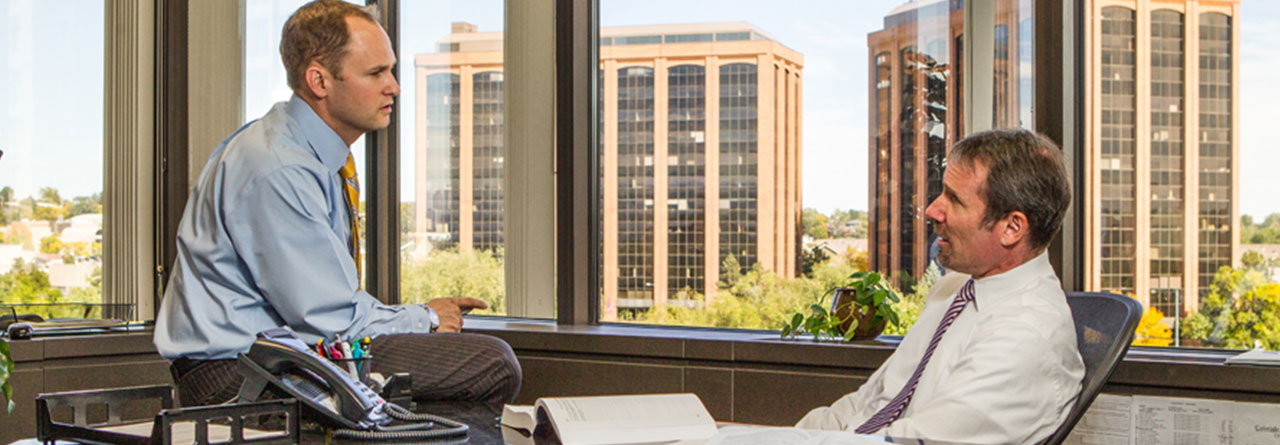Top 6 Things You Need to Do If You're in A Car Accident
A big part of our practice here at Levine Law is helping our clients deal with the aftermath of automobile accidents – the serious injuries they've sustained, the damage to their vehicles and the often complicated (and contentious) negotiations with the insurance companies and other parties involved in the incident.
So, if you're in a car accident, what should you do to protect yourself, your passengers and your legal rights?
1. Be Safe
The first thing you need to worry about is everyone's physical safety.
- Try to stay calm.
- If your car is still drivable, move it off to the side of the road or somewhere else away from the flow of traffic.
- Assess whether you or any of your passengers are injured. If anyone seems seriously injured, try not to move them.
- If you, any passengers, pedestrians or other drivers are injured call 911 for an ambulance.
- If your car won't move without a tow truck, turn the car off, switch on your hazard lights, and exit the vehicle when it's safe to do so.
- If you have them, carefully place flares, cones or warning triangles on the street to reduce the chances of other drivers colliding with the disabled vehicles. The last thing you want is a pile-up.
2. Call the Police
Even if the accident is a minor fender bender, don't avoid calling the police. Damages to your car and physical injuries aren't always immediately apparent – don't assume that everything's fine five minutes after an accident happens.
Although an official police report is technically not required by Colorado law, if a car accident didn’t result in injuries or damage to public property (like a sign or guardrail), wasn't a hit and run, and doesn't involve a driver impaired by drugs or alcohol, it is ALWAYS a good idea to have the police assess the accident site and prepare a report.
- The presence of police will calm everyone down in an inherently upsetting situation.
- Your insurance company will want an official account of the vehicles, drivers and passengers involved and a description of what happened in the accident.
- A police report is considered a more reliable form of evidence than your memory if there's a later dispute with an insurance company or the other driver.
- The police can protect you from fraud – drivers who cause accidents as a way to commit insurance fraud typically don't want the police involved.
Politely and honestly relay to the police the facts and circumstances of the accident as you understand them at the time but don't admit fault or tell them that no one was injured.
Ask for a copy of the report (payment of a small fee is sometimes required to obtain one) and be sure to write down the names and badge numbers of the police officers on the scene.
3. Exchange Information
You and the other driver should exchange the following information (cell phones are handy for this):
- Name
- Name on the car's registration card
- Home address
- Telephone number
- Email address
- Driver’s license number
- Insurance company and policy number
If the name on the other car's registration is different than the other driver's name, ask the driver how they're related to the car's owner.
4. Document the Scene
Use your cell phone to take photos of the accident scene and the damage to the cars involved. Take notes of the location of the accident (the intersection or approximate address), the make and model of the vehicles, the license plate numbers, the names of any passengers, and the names and contact information of any witnesses.
If your insurance company has a mobile app for recording accident information, use it.
5. File Your Insurance Claim
Whether you're at fault or not, file a claim with YOUR insurance company as soon as possible after the accident. You can speak to someone live on the phone or file the claim online. Your insurer will tell you when it needs all of the accident information you've gathered and how to transmit it.
If the accident only involved damage to vehicles, the claim process is usually simple – an adjuster determines the damage to your vehicle and you arrange for repairs and the payment of your deductible. The insurance companies will reach a financial settlement between themselves once they determine the extent to which each driver was at fault.
If you or your passengers were injured in the accident things quickly get much more complicated since you'll need to deal with multiple insurance companies along with their doctors and lawyers.
Which bring us to Number 6 on our list --
6. Hire a Lawyer
A Colorado Springs accident law firm like Levine Law has 20+ years of experience representing clients in car accident injury cases. We can handle all of the communications (and negotiations) with the insurance companies and their doctors and lawyers so that you don't have to. If lawsuits need to be filed to fully protect your rights, Levine Law will handle that too. Our goal is to make sure that you are fully compensated for your injuries. Contact us today.













